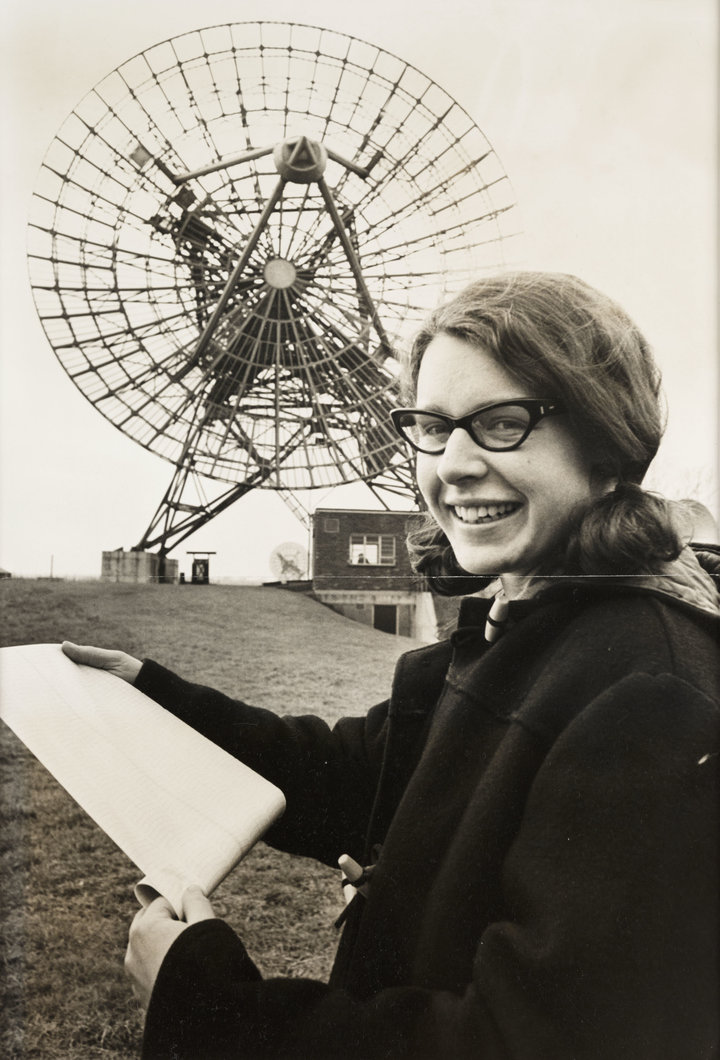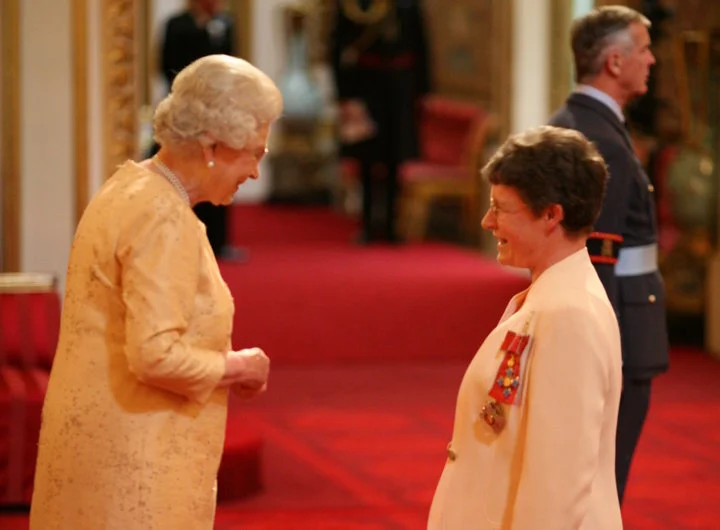Acclaimed Physicist Bell Burnell Donates $3 Million Breakthrough Prize To More Women, Minorities & Refugees In Physics
/Jocelyn Bell Burnell poses at the Mullard Radio Astronomy Observatory at Cambridge University in a 1968 newspaper photo. DAILY HERALD ARCHIVE VIA GETTY IMAGES
Dame Jocelyn Bell Burnell is creating a scholarship for women, refugees and minorities to study physics, writes Carol Kuruvilla for Huff Po.
In 1974, Jocelyn Bell Burnell experienced sexism so ingrained in everyday university life that it seemed business as usual. Burnell's male PhD supervisor at the University of Cambridge Anthony Hewish, won a Nobel prize for Burnell's 1967 discovery of pulsars during a routine data collection she monitored at Cambridge. You might think that Hewish would have shared the award with Burnell, knowing the truth of her discovery.
This was not the way academia worked, Burnell told Science News in an interview on Thursday, the day the now acclaimed astrophysicist won an acclaimed science prize -- the Special Breakthrough Prize in Fundamental Physics and its $3 million award.
The award honors Bell Burnell for her hiscovery of pulsars -- neutron stars that emit electromagnetic radiation from their poles. The press release also recognized Burnell's “inspiring scientific leadership over the last five decades”.
Jocelyn Bell Burnell is made a Dame Commander of the British Empire by Queen Elizabeth II at Buckingham Palace for services to Science.
This dreamy bit of poetic justice could have ended here, the culmination of an illustrious career for a brilliant scientist who has received honorary degrees from 36 institutions or more. She was the first female president of the Institute of Physics, a global physics society, and the Royal Society of Edinburgh, an educational charity. honored as a Dame Commander of the Order of the British Empire in 2007, Burnell currently teaches astronomy at Oxford University.
A Quaker who eschews extravagance, Bell Burnell will donate her $3 million award to fund women, under-represented ethnic minority and refugee students to become physics researchers.
National Geographic shares in detail the circumstances and detailed history of her pulsar discovery. Kuruvilla details vividly the scientist's early days in a field dominated by men.

